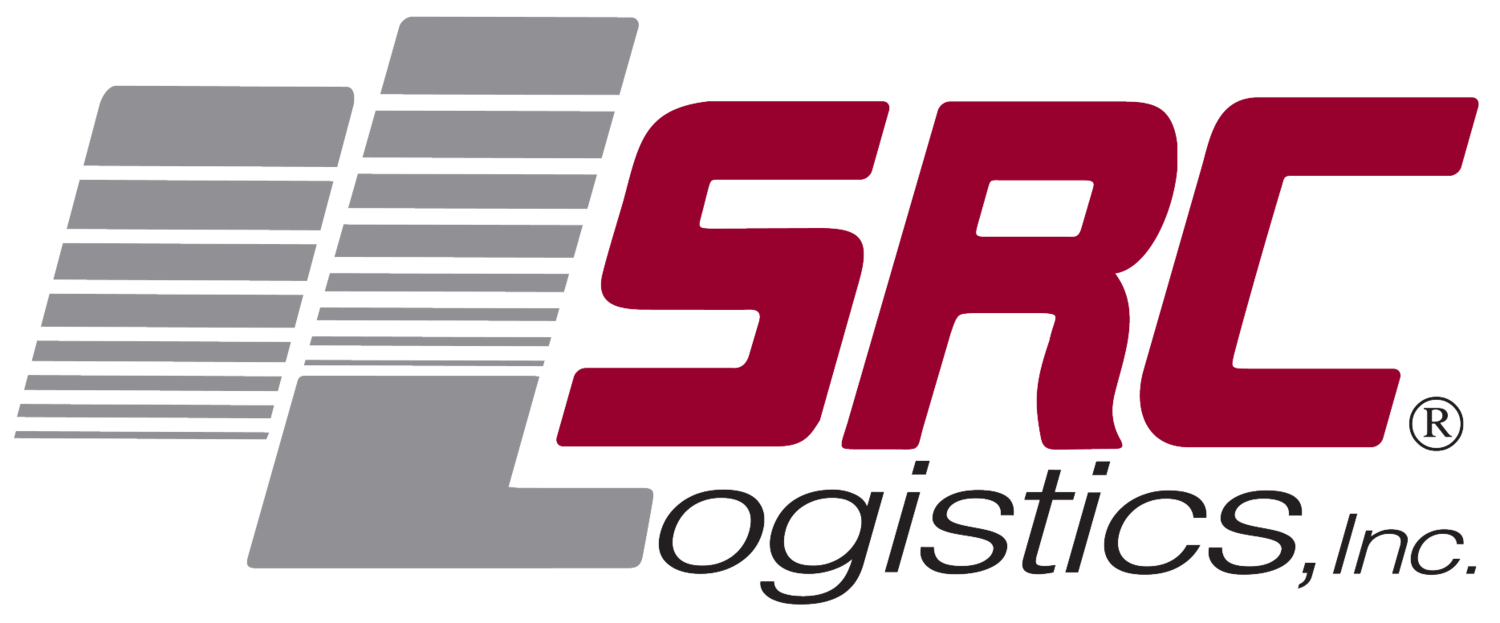Reman Parts Offer Cost Savings and Dependability | Detroit Reman
Remanufacturing engines includes being in compliances with evolving emissions regulations.
“The emission guidelines we follow,” begins Dennis Krawczak, engineering manager at the Detroit Reman corporate office, “ensure the engine is remanufactured to the same performance specifications as the original engine. All engines are tested for performance before shipping to the customer. Since Detroit Reman is integrated with Daimler, it gives us the ability to access genuine OE specifications and requirements and puts us ahead of the rebuilders.”
Driving down costs
Among the advantages of remanufactured engines is the fact that they are a cost effective service option that minimizes downtime that drives down operating costs, notes Carol DiFabio, marketing analyst for Detroit Diesel Remanufacturing LLC. In addition, they provide equal or improved quality at a loser price when compared with new parts and are often improved from the original product with engineering updates and enhancements.
“They are widely and readily available and provide a green choice that reduces waste and saves energy,” added Rusty Lundgren, key account/business development manger for Detroit Reman. “In addition, being integrated with the OEM, Detroit Reman has access to OE performance requirements, specifications, prints and suppliers, resulting in a product with performance as good as the original.
Reman engine pair-ups
As for reman engines being matched to transmissions, axles and other key components to ensure quality and performance, Krawczak notes, “To ensure quality and performance, the engines are remanufactured to the same OE performance and quality specifications as new which ensures compatibility with other key components such as axles and transmissions.”
All about connections
Electronic control modules and power inverters interface with Daimler’s engines.
“Electronic control modules functions are related to the engine, transmission, turbocharger, etc. The controllers drive outputs, which activate injectors on engines, and solenoids on transmissions or similar drive circuits,” explains David Rhode, operations manager for Detroit Reman—DMR Electronics in Hibbing, Minn. “Remanufactured electronic control modules provide a cost-effective alternative to new parts and offer the same performance, durability and reliability.”
Reman & the EPA
Stanford Siy, Cummins Engine ReCon product manager, talks about emissions guidelines for remanufactured engines, saying, “To be in compliance you can only replace with like for like (EPA certification-wise) or better. For example, for a truck that has an ISX EPA02 engine that had a failure or chronic problem, a fleet can buy a ReCon ISX EPA02 or EPA04/07 onwards.”
As for the advantages of remanufactured engines, Siy points out that “the remanufactured engines are brought back to original specifications. They are not simply disassembled and re-assembled through replacement of regular throwaway components like rebuilding does, but the entire engine is stripped down, main components like blocks get materials added back (through advanced plasma technology), and performance parts such as turbos and injectors are remanufactured to original factory standards. All Cummins remanufactured engines are dyno-tested at the factory before they are shipped to our customers. We are so confident with our products that we are ready to stand by it by providing nearly the same warranty we give to our new engines.”
“Given our advanced capability in salvaging components,” Siy continues, “we are contributing to minimizing waste and maximizing reuse of products that would have normally be of no use. All of our ReCon engines are remanufactured to original factory standards and also integrate post-production product improvements—without any extra charge. Since our remanufactured engines are brought back to original factory specifications or better, matching them with other drivetrain components like transmissions or even the original chassis configurations would be as easy as how the truck or equipment was originally spec’d. The trade-out is as simple as carrying out a plug-and-play for the engine—take out the old engine, plug in the recon engine. Our customers get peace of mind with standard warranty coverage with the purchase of a recon engine and even better if they get the option of an extended warranty.”
Cummins engine models for North America include: Cummins Bs and ISBs, to N14s and ISXs recon engine products cover pre-certification (pre-1998) to current certification models.
Applying current specs
“Our transmissions are remanufactured with the same technologies used to produce Detroit Reman engines, applying the most current specifications and product design updates,” says Russell Beatty, Detroit engineering manager at Reman Central in Emporia, Kan. “Each transmission is completely disassembled and thoroughly cleaned. All key components are carefully inspected, measured, qualified and restored to blueprint tolerances. Wear items such as bearings, bushings, synchronizers and seals are replaced with new genuine components. Units are assembled with dedicated tooling, fixtures and gauging by factory-trained technicians, utilizing a controlled ISO 9001 certified process. All transmissions are functionally tested on a custom-built dynamometer to ensure each unit performs to original Detroit specifications. Remanufactured units are shipped in returnable containers, specifically designed for the DT12, to provide maximum product protection and to ensure the core is returned in good condition.”
Beatty adds that like other genuine Detroit components, transmissions are remanufactured to blueprint specifications, incorporate the latest engineering and product design upgrades, and are functionally tested to Detroit factory specifications. “The value proposition is that customers can purchase a genuine Detroit product that performs to the original specifications at a fraction of the cost of new,” he says.
Lowering costs
Gene Evans, the site manager for the Meritor Plainfield facility, talks about how fleets benefit from purchasing reman transmissions, saying that “remanufactured parts provide a lower initial cost, but deliver greater overall value with the reliability and durability you’d expect if replacing with a new component, plus reduced downtime when compared to a rebuild.
